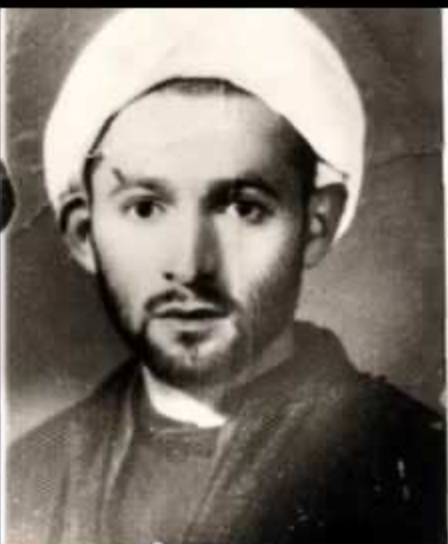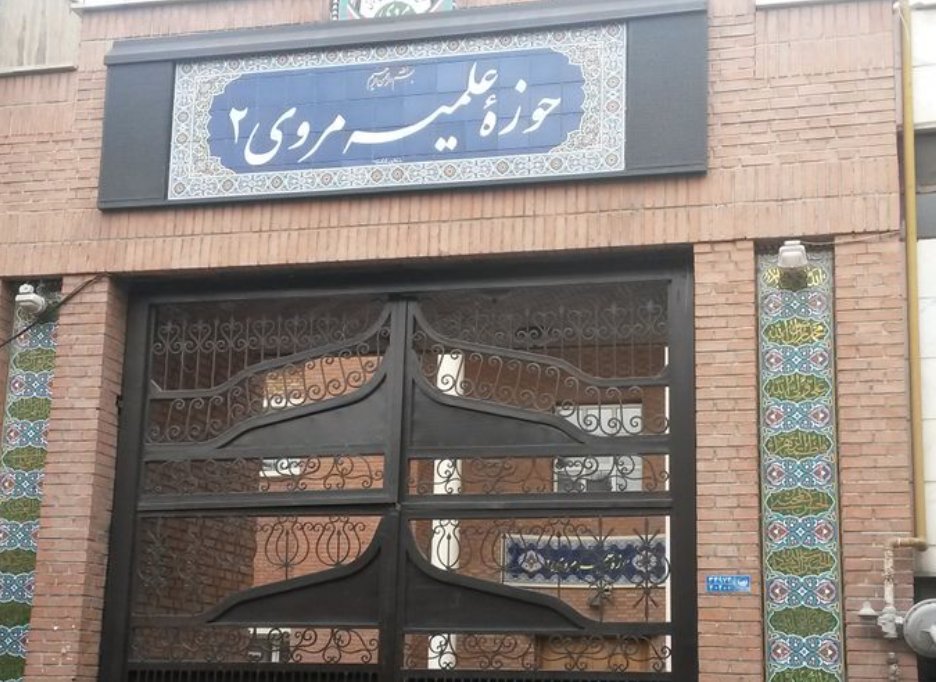A thread on the Persian poet of Patna/Azimabad Mirza ‘Abd al-Qadir #Bedil died 1721 in Delhi iranicaonline.org/articles/bidel… 1/
The eminent litterateur Mohammad Reza Shafi’i Kadkani on his book refers to #Bedil as the ultimate #sabk_e_hindi poet because of his wonderful use of intricate and affective imagination and imagery concerning the metaphysical 2/
Shafii Kadkani also describes #Bedil as a ‘country that needs to be visited and discovered but which is not easy to access and not everyone can gain entry to it because of its stringent entry requirements’ hence leading to his neglect in Iran 3/
The 18th century intellectual Azad Bilgrami (d. 1786) famously described #Bedil as foremost in the way in which his poetry creates and affects meaning - or content in the mind (ma’na-afarini) 4/
#Bedil has certain terms that he regularly uses - for example, ‘rig-e ravan’ which seems to evoke a somewhat bleak image of the desert but also a sense of the carefree that evokes #Hafez notion of #rindi 5/
Another common phrase in #Bedil is ab-e Ayina’ that recalls the dynamic clarity of the mirror but also the elixir of life known in the #AlexanderRomance 7/
Other terms in #Bedil also evoke #rindi such as ‘ashk’ or tears or perhaps even ‘shikast-e rang’ (which may also evoke #MullaSadra motion in substance) that brings out the idea of the changing and dynamic face of nature 8/
#Bedil and other poets who followed him in the fresh new speaking wave (#tazagui) are excellent examples of self-fashioning and indeed a case study of alternative trajectories to selfhood. One example of the use of ‘Gul-e khagaz’ that concerns the false display of self 9/
Another cipher for the self that is both hidden and manifest in #Bedil that is a symbol of what cannot be indicated or unveiled is the #Phoenix or ‘anqa 10/
Two more observations - one about the link between the senses such as the eye and the kohl in it with the voice of the self in this verse of #Bedil به صد زبان سخن خيل مژگانها، به دور چشم تو چون ميل سرمه خاموشند 11/
Self fashioning is also invoked through the use of the terms ‘tasvir’ and ‘naqsh’ - not new with #Bedil but the link with the expression of the self is so very explicit. Anyway I’m indebted to Shafii Kadkani’s wonderful study as well as Syed Ahsan Zafar’s magisterial 2 vols 12/
• • •
Missing some Tweet in this thread? You can try to
force a refresh
















